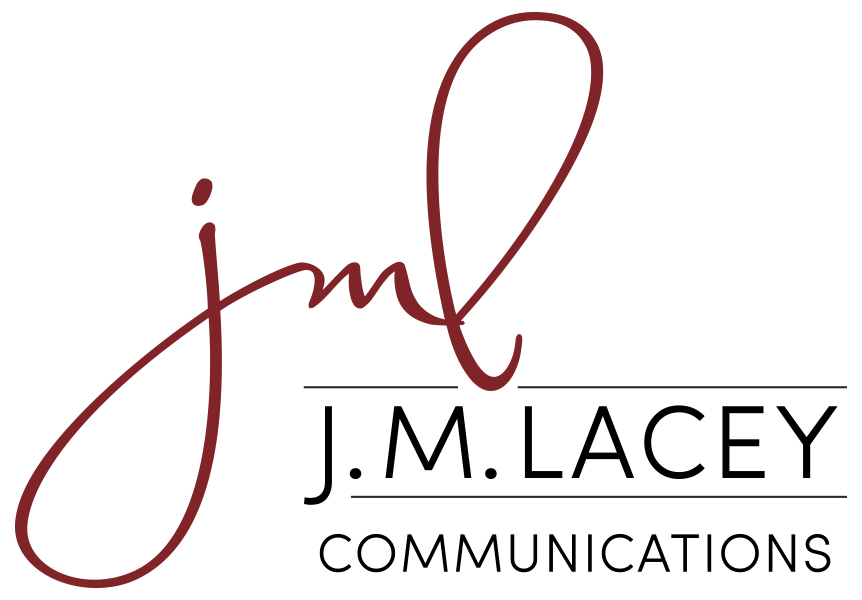Recently, I was chatting with a friend about the pros and cons of artificial intelligence and its associated tools, such as ChatGPT and all the other copycats.
Technology has its place in a writer’s life. After all, I would rather type out a story on a computer rather than punch a typewriter with my wrists already damaged from carpel tunnel syndrome and tendinitis. I use ProWritingAid in addition to Microsoft Word’s suggested corrections. “Um…did you mean that when you possibly meant this?”
AI has been around for some time. Think of your “smart” phone that wants to autocorrect your spelling. And Word has had the spelling and grammar suggestions tool for some time.
But, as I’ve written heavily before, there are dangers associated with AI’s tools that authentic writers, especially, need to do their research and understand what they are getting into. You can read those articles here and here.
Within the conversation I was having, though, I lamented how AI is damaging our creativity.
What should we examine regarding AI and our creativity?
Is our personal development hindered by technology?
And how can we keep our minds sharp in this age of technology?
How technology is jeopardizing our creativity
Technology is sneaky. It has us convinced that without it we’d perish. There might be an argument for that. (And a plethora of science fiction stories.)
But what I know is that it is doing a lot of the thinking for us. With your phone nearby, have a conversation with someone about anything and within seconds, an advertisement for that very subject or product will appear on your screen. Or, instead of the old days when you had to go to the library to research something, now you type it into a Google search, and you have information quicker than you could ever locate it on a library shelf. Technology is a timesaver with millions of “how to” videos and articles at our fingertips. In a way, we can expand our knowledge faster than we have in past years.
It is almost too easy to get information. And sadly, that information we know is not always correct. What happens to us, especially when pressed for time or we have other pressures mounting on our already strapped shoulders, is we rely on technology to do the thinking for us.
With AI tools, we can simply ask it to describe something for us or rewrite a sentence or paragraph or book with a particular style. It has become so advanced that we accept it as authentic when it is an imitation with flaws. And not only that, by asking technology to do the work for you, you have essentially put your mind to sleep.
When we are creative and make our own flaws or discover our own light bulb moments, we have a sense of satisfaction that our work has produced something. That our own mind has thought through the problem to find a solution. When we sharpen our mind, we sharpen our skills.
If we put the work into the hands of technology, we are unable to discover our own potential.
If we put the work into the hands of technology, we are unable to discover our own potential.
Why reasoning is vital for personal development
Think back to when you were a child. Or perhaps look at your own children. Do you marvel at their ability to ask questions, to see things you’ve missed, or to have an inner sense of right and wrong? As they develop, they observe, they ask questions, they begin to reason. Reasoning is imperative for their growth because they need to learn how to come to conclusions and make decisions. You, as the parent, guide them, but your goal is to help them eventually think for themselves.
Relying on technology to do the thinking for us means we hand over our developmental ability to reason and make decisions. And as mentioned earlier, technology isn’t always right.
As humans, we don’t always make the right decisions either. But we put ourselves through the process of decision making, grasp the inner workings of the process and all the information surrounding the building blocks of that future decision. Whether or not we make the right decision is irrelevant. What is important is what we learn and what skills we are sharpening, both hard and soft, including logic, communication, problem solving, patience and humility.
If you were a painter, would you hand your brush to a robot to paint what you asked it to? It could produce the art, but it wouldn’t be your painting. It wouldn’t have your unique touch. And you would not have the satisfaction of creating something of your own.
Similarly, as a writer, you desire to complete your own work. It is your art and no one else can match your mind. Why would you hand over your pen to a robot to flesh out your sentences? In the end, they wouldn’t be your sentences then, would they?
We learn by doing. We learn to reason and think when we do something ourselves. The more we hand over our creativity to technology and keep our minds in sleep mode, the less we develop our art, our skills, and what makes us human. We become a shell, an image of someone else. We forget how to think, and our decision-making abilities weaken.
If you were a painter, would you hand your brush to a robot to paint what you asked it to? It could produce the art, but it wouldn’t be your painting.
Keep your artistic mind sharp
Balancing technology is a challenge when it surrounds us, but it is not impossible. Here are a few suggestions to keep your artistic mind sharp.
Challenge the technology. When you use a tool that helps you with your grammar, for instance, check its accuracy. Are its suggestions what you need?
When you do your research, check the sources. Are they reputable? Current? Do you have more than one source to verify your information?
Rewrite your own sentences. Pull up a thesaurus and a dictionary. Play around with your words. Write the scene differently. Use your imagination to find possibilities.
Need help crafting a catchy title? Have a list of active power words handy and play around with your words (see above suggestion). Write several titles and see what stands out to you.
Read a book. An actual book. (Okay, you can use your Kindle). Turn off the television, silence your phone, and read something creative. Read fiction, read poetry. Allow your mind to visualize the scene you are reading.
Go for a walk. Visit a garden, go hiking. Walk somewhere quiet and use that time to think about the scene you want to write, or the passage where you find yourself a bit stuck, or the character you are trying to develop. Nature helps our creative juices more than we realize.
And remember: Avoid relying on AI tools to “help” you craft sentences, titles and other forms of writing. The more you hand over the work to technology, the less you sharpen your mind.
As AI and other technology does the thinking for us, we shut out our creativity, our ability to research, our ability to learn and therefore, our ability to reason and to think for ourselves.
Artificial intelligence has been around for a while, but with AI tools, such as ChatGPT, our writing can step into a new realm of speed and intelligence. Technology surrounds us with the potential to enhance our creativity. If we are not careful, though, technology can harm our personal development and jeopardize our creativity if we allow it to think for us.
(Photo by: Katerina Holmes from Pexels)
My 2-Day VIP Writing Focus Workshop will help you improve your writing skills. Designed for busy staff — or individuals — who desire to write better and create engagement. Need more focused personal attention? Contact me for one-on-one coaching to improve your writing skills.


Recent Comments